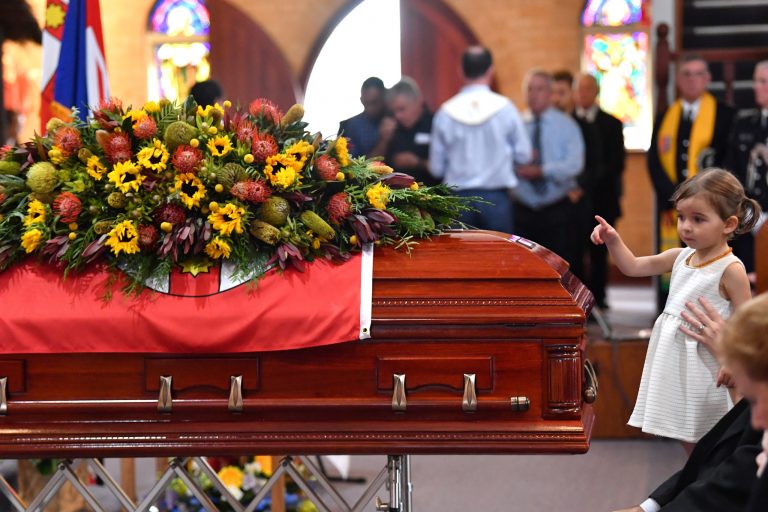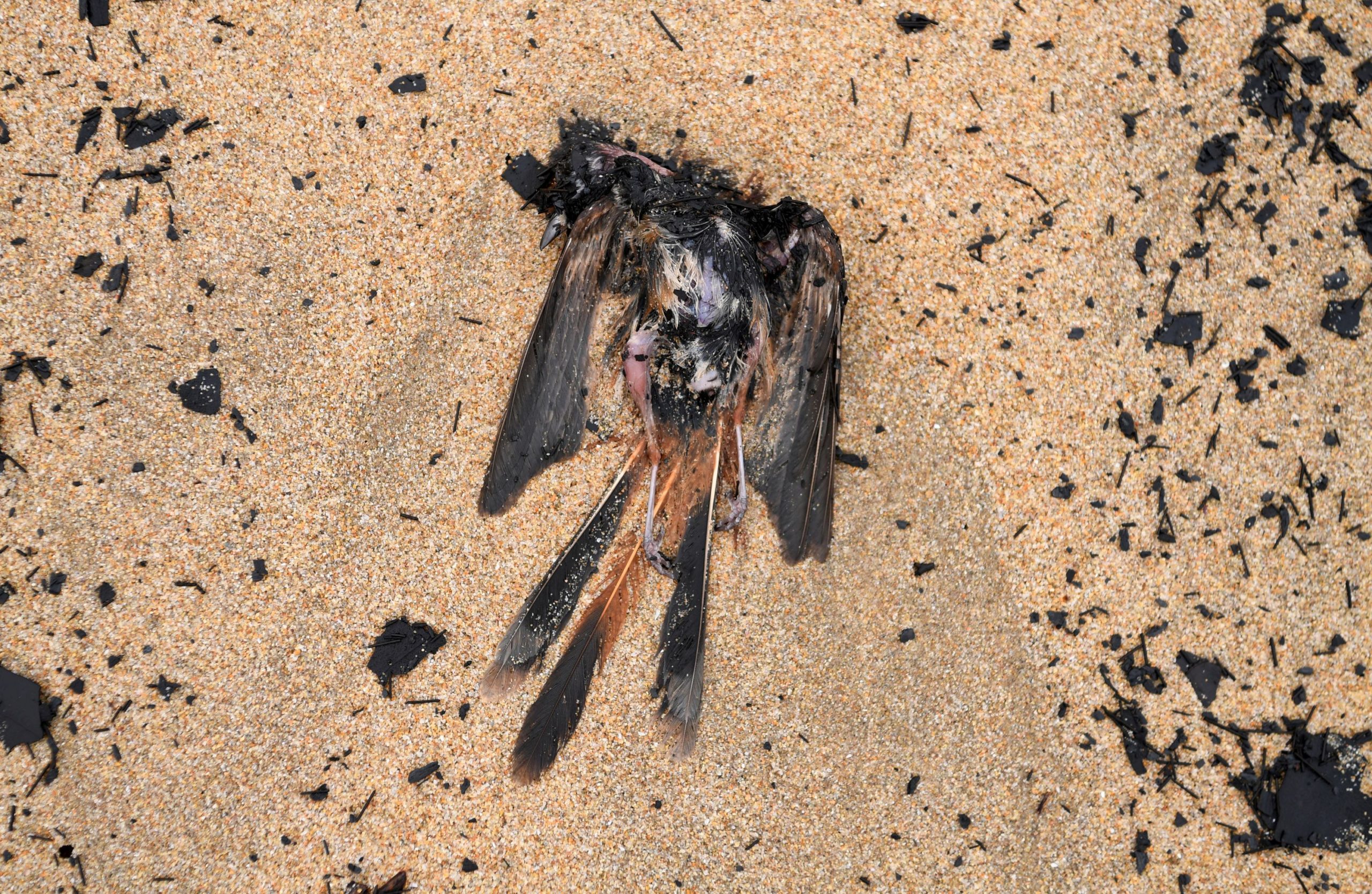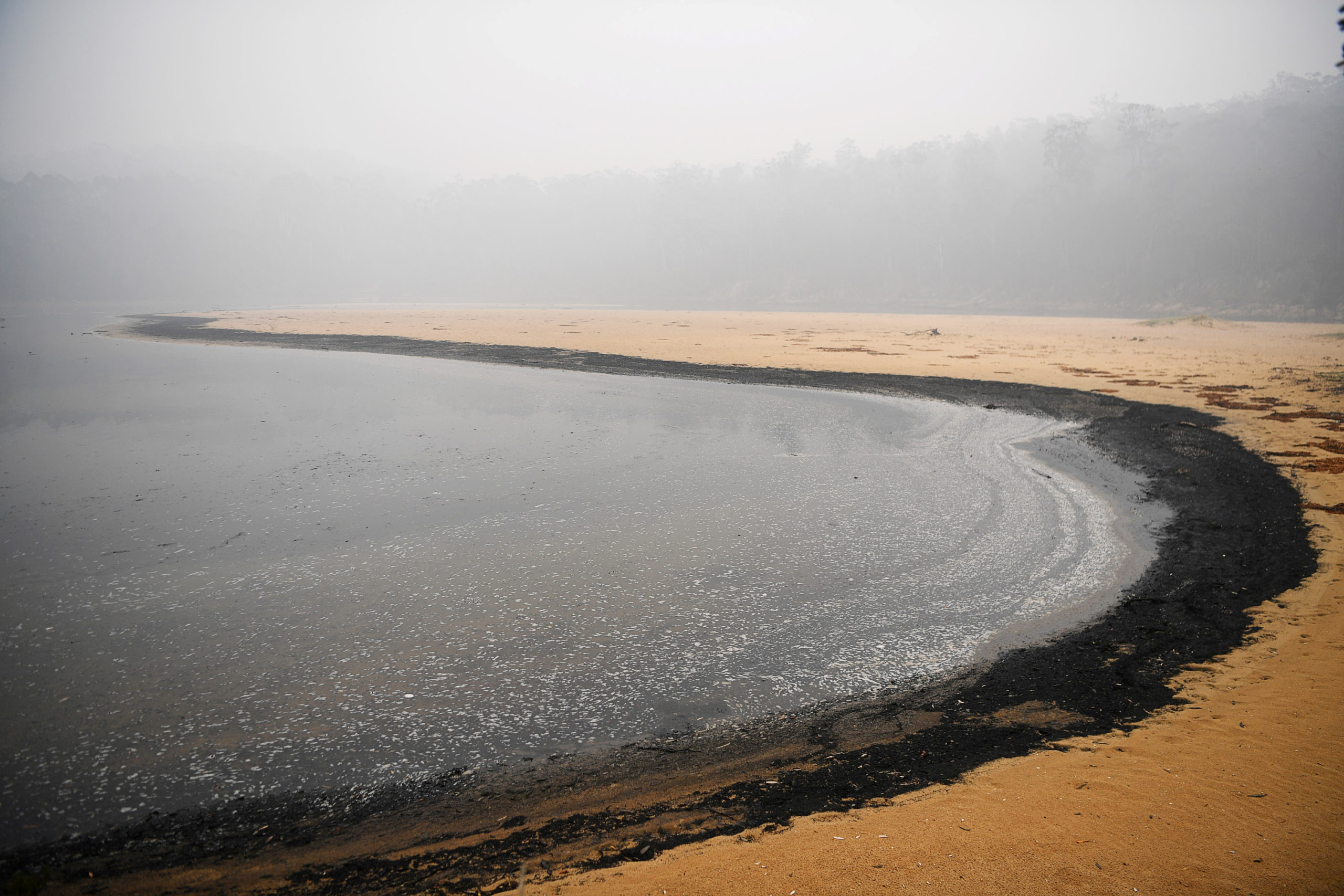
Australian firefighters used cool weather on Tuesday to try to strengthen containment lines around almost 200 wildfires burning in the country’s southeast, as Prime Minister Scott Morrison prepared to meet with insurance and bank executives to discuss the crisis.
Fires have razed more than 8 million hectares (19.8 million acres) of land across Australia, an area nearly the size of Austria, killing 25 people and destroying or damaging thousands of homes.
On Tuesday, two men were reported missing in New South Wales. Police did not reveal the identifies of the men, but said one is a 70-year old man.
The Insurance Council of Australia increased its estimate for damages claims from the fires to more than A$700 million ($485.59 million) on Tuesday, with claims expected to jump further when more fire-hit areas are accessible.
Thousands of people have been left homeless, while many in rural towns have spent days without electricity, telecommunications and, in some cases, drinking water. Military-coordinated rescue and support efforts were ongoing.

Morrison, who has been criticised for his handling of the crisis, on Monday pledged A$2 billion to a newly created National Bushfire Recovery Agency, a commitment that could threaten his election promise to deliver the first budget surplus in more than a decade this financial year.
“There’s going to be a very significant economic impact, but … we want to get money out into these communities as fast as possible,” Treasurer Josh Frydenberg told the Australian Broadcasting Corp ahead of planned meetings between Morrison and financial bosses.
On the ground, firefighters were working to get as much control over the huge blazes as possible before forecast high temperatures and winds return later in the week, threatening to ignite a fresh wave of fires.
“They are trying to secure fire lines where they can to try and minimise where these fires will burn again when conditions do warm up,” Rob Rogers, NSW Rural Fire Service (RFS) Deputy Commissioner told reporters in a morning briefing. “We have no prospect of containment on all those fires, but we can use this time.”
Following are some highlights of what is happening in the Australian bushfires crisis:
* NSW Police said two men from the state’s south coast have been reported missing.
* Prime Minister Morrison said he spoke with U.S. President Donald Trump on Tuesday, while British Prime Minister Boris Johnson has also offered support.
* Morrison attends funeral for volunteer firefighter Andrew O’Dwyer who was killed along with colleague Geoffrey Keaton on Dec. 19 after a burnt tree fell in the path of their firetruck, causing it to roll.
* Data released on Tuesday showed the fires were beginning to have an effect on the economy. The ANZ gauge of consumer confidence fell last week to its lowest level in more than four years, while its job advertisement data recorded the biggest monthly drop in seven months in December.
* Australia’s military were deployed on Tuesday to help bury an estimated 4,000 dead sheep and cattle, a process authorities want to complete quickly to prevent rotting carcasses from spreading disease.

* Authorities said the number of people calling for urgent medical care in Victoria jumped 51% on Monday as hazardous smoke covered the state.
* There are 137 fires ablaze across New South Wales state, but all were back at the “advice” level, the lowest alert rating.
* Victoria state had 39 fires with 13 “watch and act” alerts.
* Almost 1,600 homes have been destroyed in NSW, Australia’s most populous state, authorities said. In Victoria state, authorities believe 300 homes have been destroyed.
* Insurers have received 8,985 bushfire-related claims in NSW, Victoria, South Australia and Queensland since the Insurance Council of Australia declared a bushfire catastrophe on Nov. 8. The claims are estimated to have a loss value of A$700 million. The council recorded the destruction of 1,838 residential properties so far.
* A backbencher in PM Morrison’s government was criticised for an appearance on the “Good Morning Britain” ITV program during which he said there was no link between climate change and the bushfire crisis. “There is no link, the facts that cause the fires are the drought and the drying of the environment,” lawmaker Craig Kelly said. (REUTERS)





